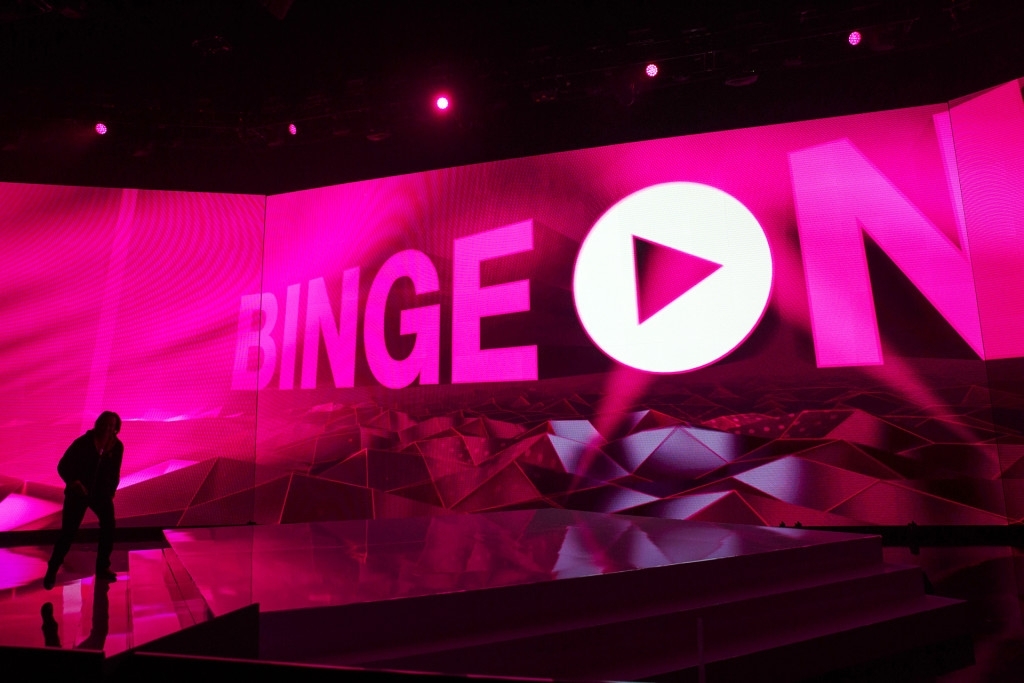Late last year, YouTube raised concerns over the fact that T-Mobile's Binge On program was throttling all video services - even those that hadn't agreed to take part in the program. The concerns weren't unfounded as even the Electronic Frontier Foundation (EFF) sided with YouTube on the matter. T-Mobile ultimately made it easier for its customers to manage Binge On settings, something they probably should have done from day one.
Now just a few months after the controversy, YouTube has decided to join Binge On. As they say, if you can't beat 'em, join 'em.
Outspoken T-Mobile CEO John Legere said earlier today that YouTube joins the mix as part of its third Binge On partner expansion. Other newcomers include Baeble Music, Discovery GO, ESNE TV, FilmOn.TV, Fox Business, Google Play Movies, KlowdTV and Red Bull TV.

The expansion brings the total number of participating video services to more than 50 and includes other big names like Netflix, HBO Now, Hulu, Amazon Video, ESPN and Sling TV, just to name a few.
For those not familiar, Binge On allows T-Mobile customers to watch an unlimited amount of video from participating partners on their mobile devices without eating into their monthly data allotments. The "catch" is that all video streamed with Binge On enabled is scaled down to 480p (DVD) quality.
To get YouTube on board, Legere said they've made a few changes to Binge On. Video providers now have more control over how their content shows up with Binge On. If they don't want their content "optimized" for Binge On, they can choose to exclude it from being optimized and have it stream at native resolutions (including 4K). Any service that opts out will be published on T-Mobile's website so customers know who isn't participating. As of writing, there are no providers on the opt-out list.
Legere also said YouTube will be the first provider to manage their own video streams. What that means is that rather than T-Mobile doing the "optimizing," that responsibility will fall into YouTube's lap. It's a feature that'll be rolled out to other providers in the future, we're told.